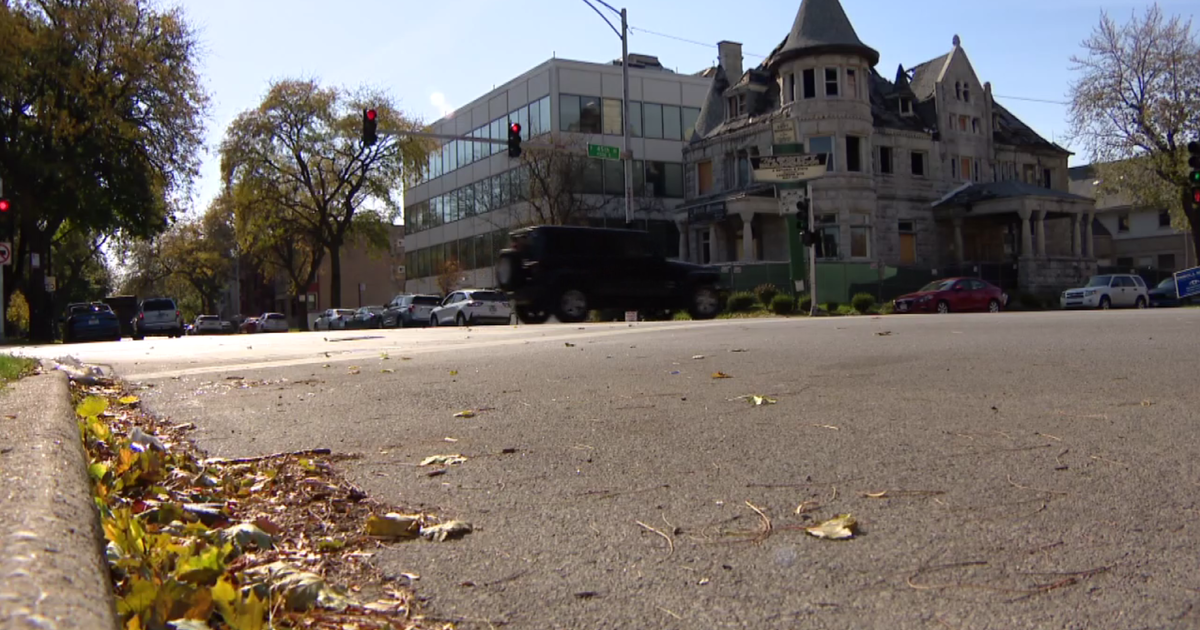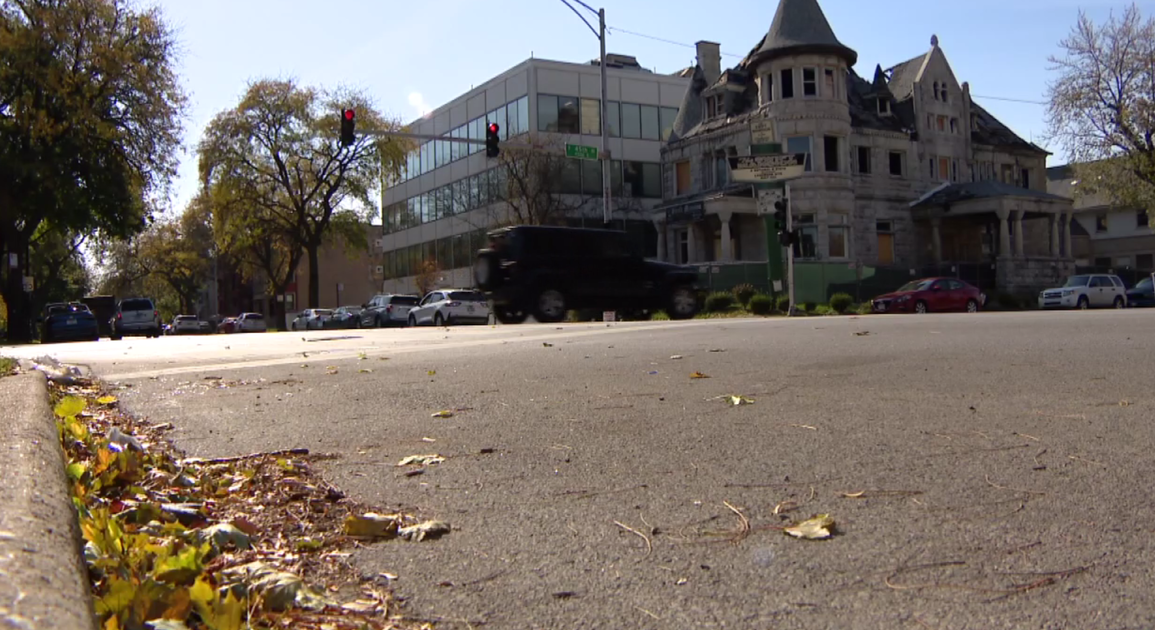
CHICAGO (CBS) — A new report issued Tuesday offers a glimpse into framework for community-level reparations that would address the negative impact the War on Drugs had on neighborhoods on Chicago’s South Side.
The report follows a two-year study by the Chicago Urban League.
A drive on the South Side of Chicago reveals not only a rich history, but at times, a troubling one. Many of the neighborhoods here suffered disproportionately from the so-called War on Drugs—where high rates of incarceration leveled communities and shattered families.
Decades later, the South Side is still recovering.
In an effort to reinvest and repair the damage done to the community, the Chicago Urban League spearheaded a wide-ranging study outlining how reparations could right these wrongs.
Funding for reparations, they proposed, would come directly from revenue generated from the state’s cannabis sales tax.
The two-year study involved interviews and group discussions with 200 residents from 10 predominately Black South Side community areas—Douglas, Oakland, and Grand Boulevard—which together make up Bronzeville—as well as Fuller Park, Washington Park, Woodlawn, South Shore, West Englewood, Englewood, and Grand Crossing.
“All of the things that many Black people have to think about when it comes to money, we have an opportunity to explore that with folks on the South and West sides,” sand Katelyn Johnson, executive director of the Blackroots Alliance.
The five areas of focus in the study were civil legal aid, community economic development, reentry into life outside prison, youth development, and violence prevention.
One of the most notable takeaways from the report was that respondents agreed that there must be a balance between providing community-based reparations and reparations given to individuals.
“People know what they need in their community, and they know like the avenues to get it,” said research contributor Kiara Hardin, “but it’s like we need that final push of like the government and the people who have the money to actually put it into the community.”
While the Urban League report is a mere framework for how the reparations would play out, researchers concluded more work needs to be done locally and nationally on the effort—where community input needs to play a central role.


